
Facebook Messenger ecommerce is the use of Facebook's messaging channel, Messenger, for buying and selling products or services. By integrating Messenger with an ecommerce platform, businesses can leverage the channel’s robust messaging capabilities to provide customers with a more personalized and conversational shopping experience. If you’re thinking of carrying out ecommerce on Facebook Messenger, read on to learn more!
What is Facebook Messenger Ecommerce
Though websites and emails have traditionally been used to sell products and services, they come with certain limitations.
Websites can be difficult to navigate and customers may abandon their carts due to a complicated checkout process. Likewise, promotional or sales emails tend to end up in spam folders or go unnoticed in overflowing inboxes.
To overcome these drawbacks, businesses have turned to alternative channels like social media platforms and instant messengers for ecommerce.
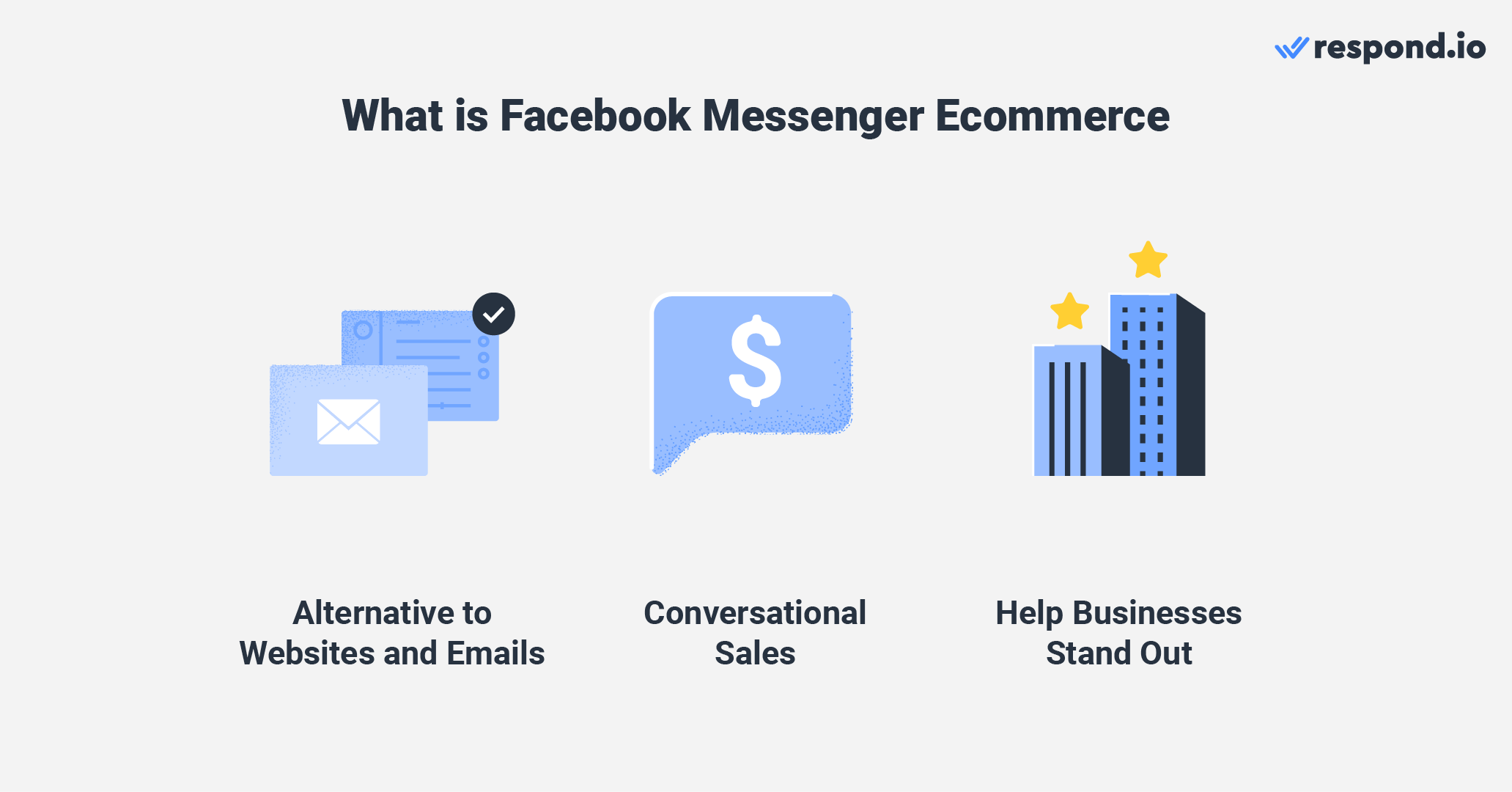
Facebook Messenger is one of many channels that have become increasingly popular as more consumers turn to messaging apps to communicate with businesses, while businesses look for ways to differentiate themselves in a crowded online marketplace.
With Messenger ecommerce, businesses can reach customers where they are, offer real-time customer service and support. It also streamlines the buying process by enabling customers to complete purchases directly within the Messenger app.
Now, let's examine why businesses use this channel to connect with customers and increase sales.
Why Use Facebook E-commerce
There are several reasons why a business would use Facebook Messenger for e-commerce. Messenger has a huge reach of 931 million monthly active users, offering businesses a large audience to connect with. It’s likely that your present and future customers are on the channel.
Facebook Messenger reduces purchasing barriers by allowing customers to browse products, ask questions, and complete transactions all within Facebook Messenger. They can complete purchases without having to leave the app or visit a separate website.
This streamlined experience can help reduce cart abandonment rates, which improves sales for businesses.
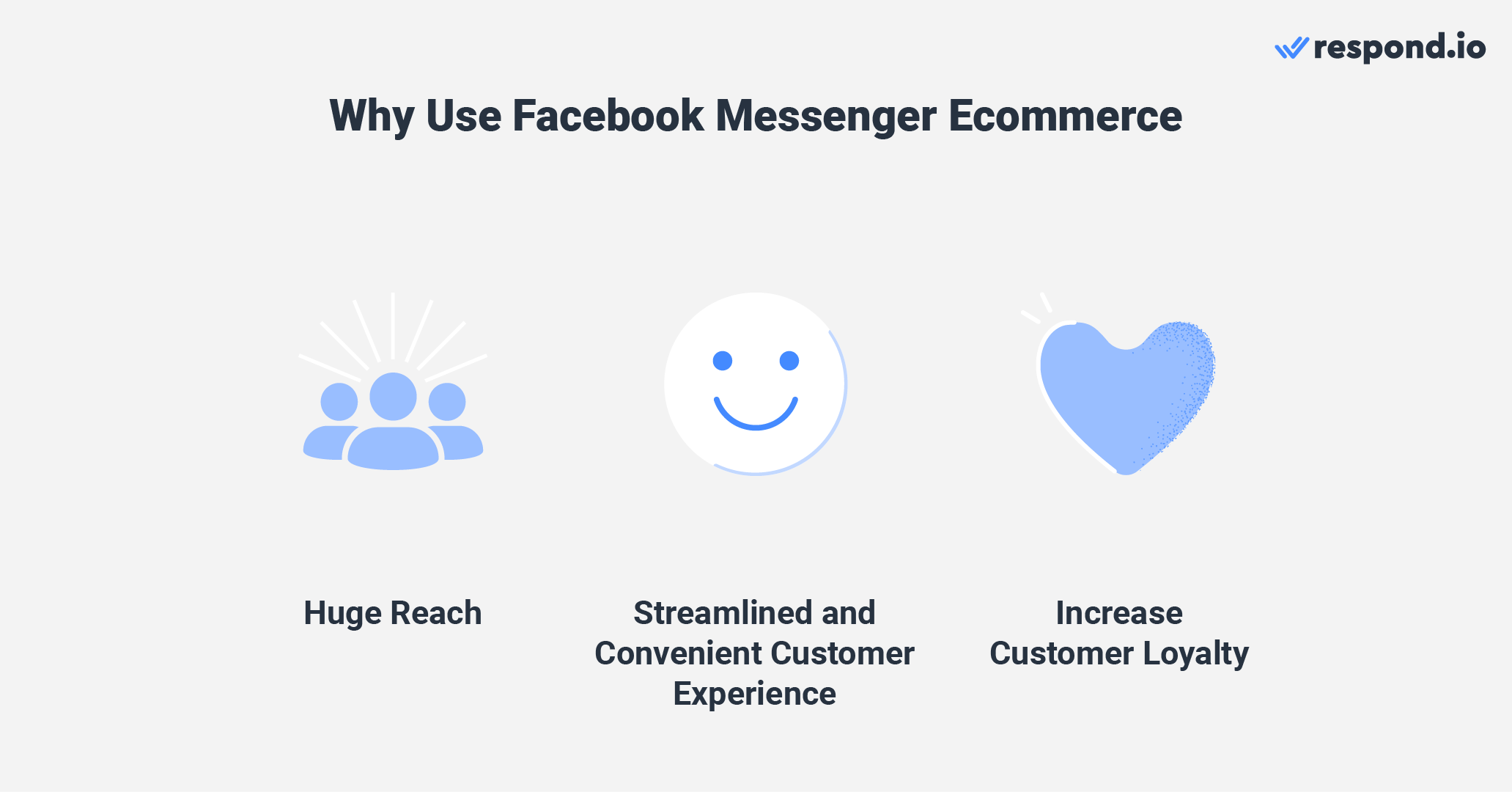
Compared to emails, Facebook Messenger also provides customers with a more efficient and convenient experience when purchasing from your business. Customers can message your business at any time, from anywhere and receive a quick and personalized response.
Since customers check their instant messages more frequently than emails, these faster-paced conversations can result in a better customer experience. In turn, it can lead to more sales and satisfied customers.
By interacting with customers in Messenger, businesses can build stronger relationships and increase customer loyalty. Let’s have a look at some of the businesses that have benefited from incorporating Facebook Messenger ecommerce.
Turn customer conversations into business growth with respond.io. ✨
Manage calls, chats and emails in one place!
Two Brands That Are Winning with Facebook Ecommerce
Now that you know everything about Facebook Messenger ecommerce, it’s easy to see why many big brands utilize it. Here are some of the big brands that have benefited from Facebook Messenger ecommerce.
Hyundai
Hyundai set up a Messenger-powered digital assistant to facilitate faster conversations and gather customer leads. For two weeks, it tested this new system against its existing phone and email systems and discovered very favorable results.
The automaker experienced a 4X higher sales rate, 3.5X higher conversion rate and a 13% decrease in cost per lead with its Messenger system compared to following up with leads via email and phone.
Qmomo
To increase sales, Qmomo created a month-long campaign that offered discount coupons to people who clicked its ads and started conversations. Compared to its regular Facebook ads that invited customers to visit its physical showrooms, these Messenger ads showed significantly higher engagement.
The lingerie brand saw a 56% lower cost per online conversion lift, 45% lower cost per new messaging connection and 45% lower cost per messaging conversation, versus its existing campaign.
Feeling inspired? In the following section, we’ll go over how businesses can leverage Facebook Messenger for ecommerce.
Different Ways to Use Facebook Ecommerce
Despite being mostly known as an instant messenger, there are a few ways businesses can use Facebook Messenger for ecommerce.
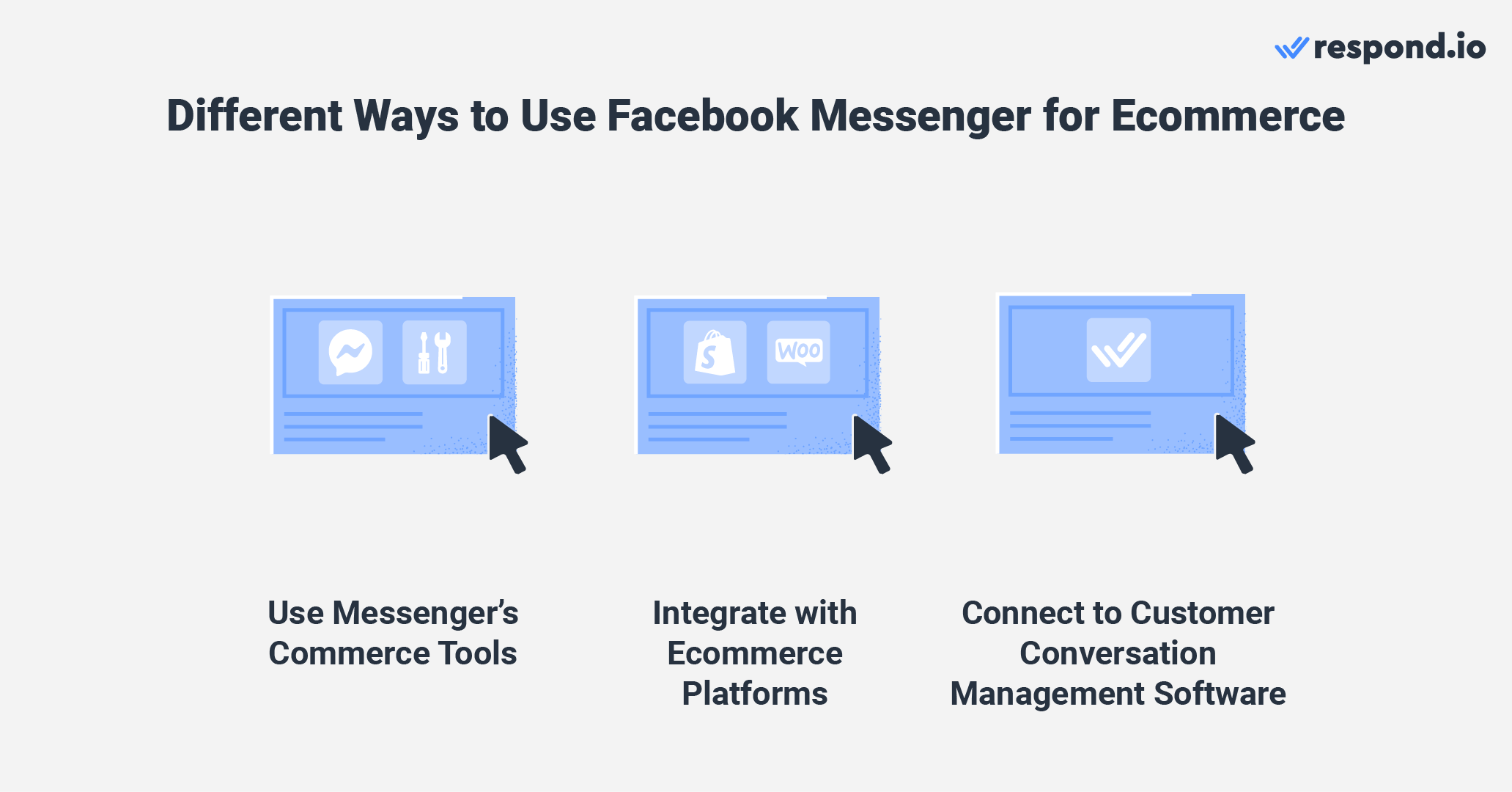
Here are some of the ways businesses can boost sales and enhance the customer experience with Facebook Messenger ecommerce.
Messenger Commerce Tools
One of the most popular ways is to use Messenger's commerce tools, such as Facebook Shop, Catalog, Meta Pay and Messenger click-to-chat ads.
With these tools, businesses can create a mobile-first online store, showcase their products within Messenger, and enable customers to complete transactions within Messenger using Facebook Pay.
Facebook Shop is great for smaller businesses that are starting out since it is easy to set up and use. However, it is limited when it comes to customizing the store’s appearance or the products on offer. The same can also be said for Catalog.
Large businesses with a large number of services and products are likely to have their offerings on dedicated ecommerce platforms. Fortunately, Messenger works well with third-party platforms.
Messenger Integrated with Ecommerce Platforms
Facebook Messenger can also be integrated with ecommerce platforms like Shopify and WooCommerce, enabling customers to chat with businesses from the Messenger app.
This also allows businesses to send ecommerce platform-related messages such as abandoned cart notices or shipping updates to customers through Messenger.
Finally, businesses can give customers a better sales experience through Facebook Messenger by connecting their channel to customer conversation management software like respond.io.
Facebook Messenger Connected to Respond.io
Respond.io is a business messaging platform that unlocks the full potential of Facebook Messenger ecommerce, especially for businesses with a high volume of customers or large teams of agents. Let’s go over some of its features.
Respond.io offers a flexible automation builder that enables businesses to automatically reply to customers, route and assign customers to appropriate teams or agents and handle frequently asked questions (FAQs).
This, along with features such as canned responses, allows businesses with a large number of incoming conversations to answer their customers more efficiently.
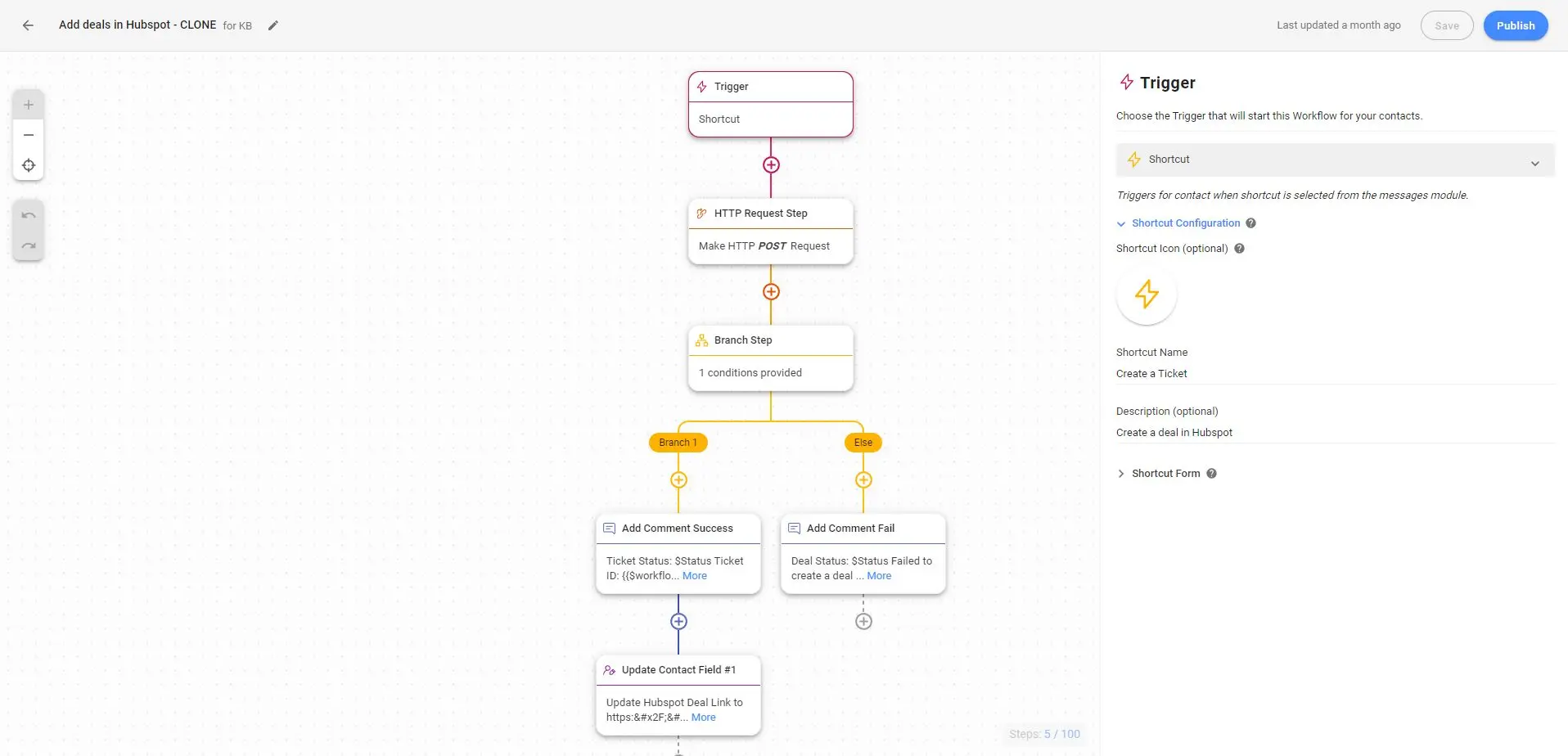
Businesses can initiate conversations with customers through the use of Message Tags. Instead of being limited to a 24-hour messaging window, respond.io's Human Agent Tag extends the window to 7 days. And if a business needs to blast promotions, the Broadcast module makes it a breeze.
Respond.io can also be integrated with ecommerce platforms to automatically trigger abandoned cart messages and send order confirmation or shipping updates. It can also connect to tools like Clearbit to qualify customers or CRMs like Hubspot or Salesforce to generate sales deals at a click while chatting with customers.
For businesses with customers on multiple channels such as WhatsApp, Instagram or Telegram, respond.io’s omnichannel capabilities allow them to sell and speak to their customers from a single platform. Agents have access to every customer’s chat history across all the connected messaging channels in one thread.
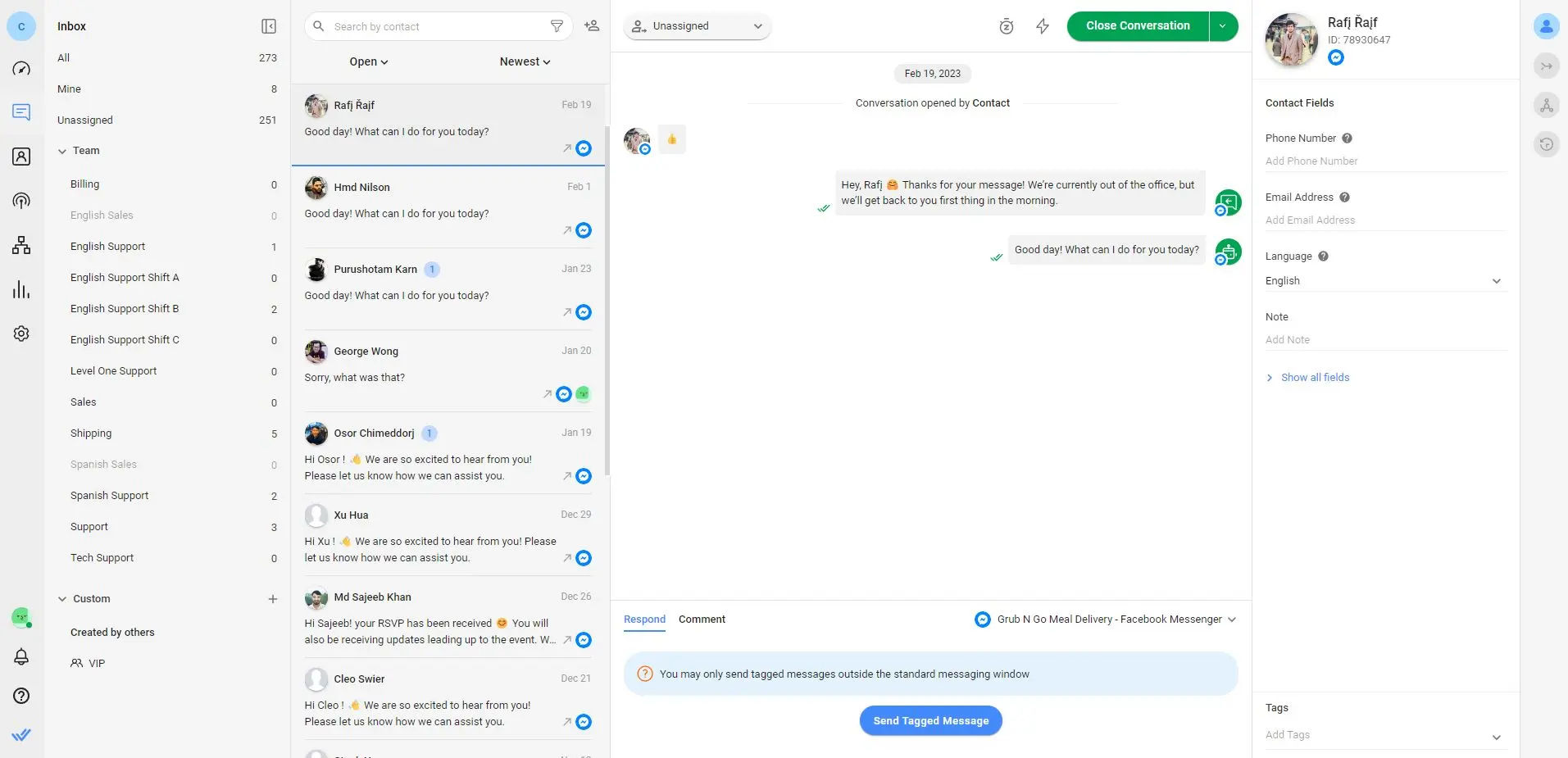
Businesses can also monitor agent performance through the platform, giving businesses real-time data and insights on how their agents are performing in Messenger conversations, including metrics like response time, resolution rate, and customer satisfaction.
There are many Messenger success stories out there and your business can be one of them. Sign up for Facebook Messenger and connect it to respond.io today! Start your respond.io free trial to take your Facebook Messenger ecommerce to the next level.
Turn customer conversations into business growth with respond.io. ✨
Manage calls, chats and emails in one place!
Further Reading
If you found this article helpful, here are some other posts you might find useful:


























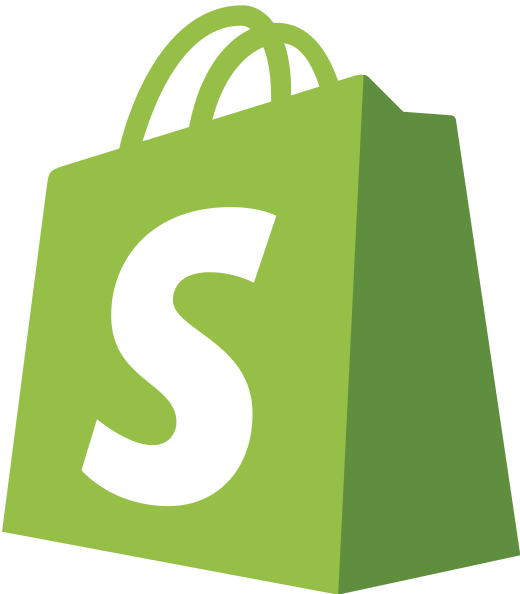











 Electronics
Electronics Fashion & Apparel
Fashion & Apparel Furniture
Furniture Jewelry and Watches
Jewelry and Watches
 Afterschool Activities
Afterschool Activities Sport & Fitness
Sport & Fitness
 Beauty Center
Beauty Center Dental Clinic
Dental Clinic Medical Clinic
Medical Clinic
 Home Cleaning & Maid Services
Home Cleaning & Maid Services Photography & Videography
Photography & Videography
 Car Dealership
Car Dealership
 Travel Agency & Tour Operator
Travel Agency & Tour Operator




